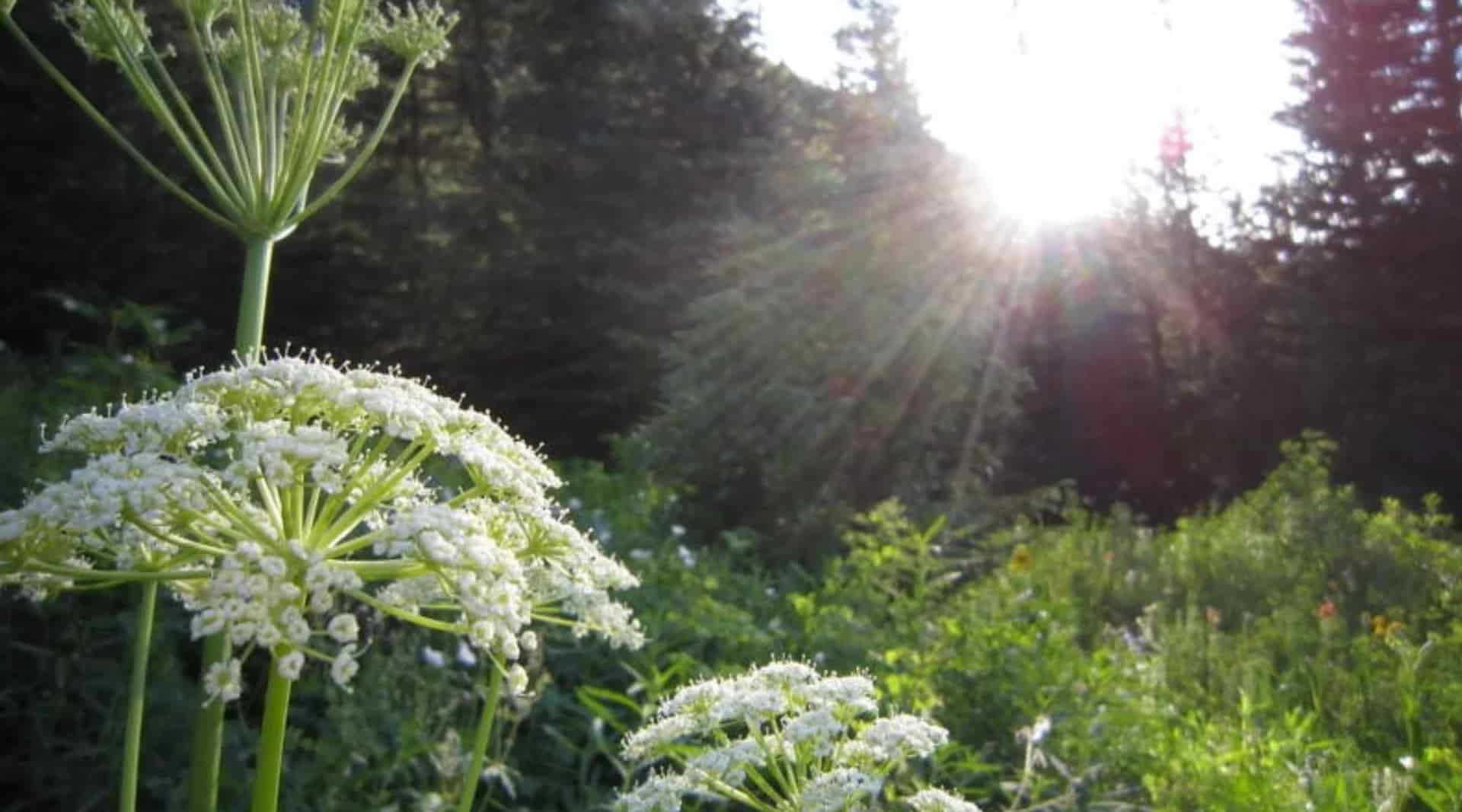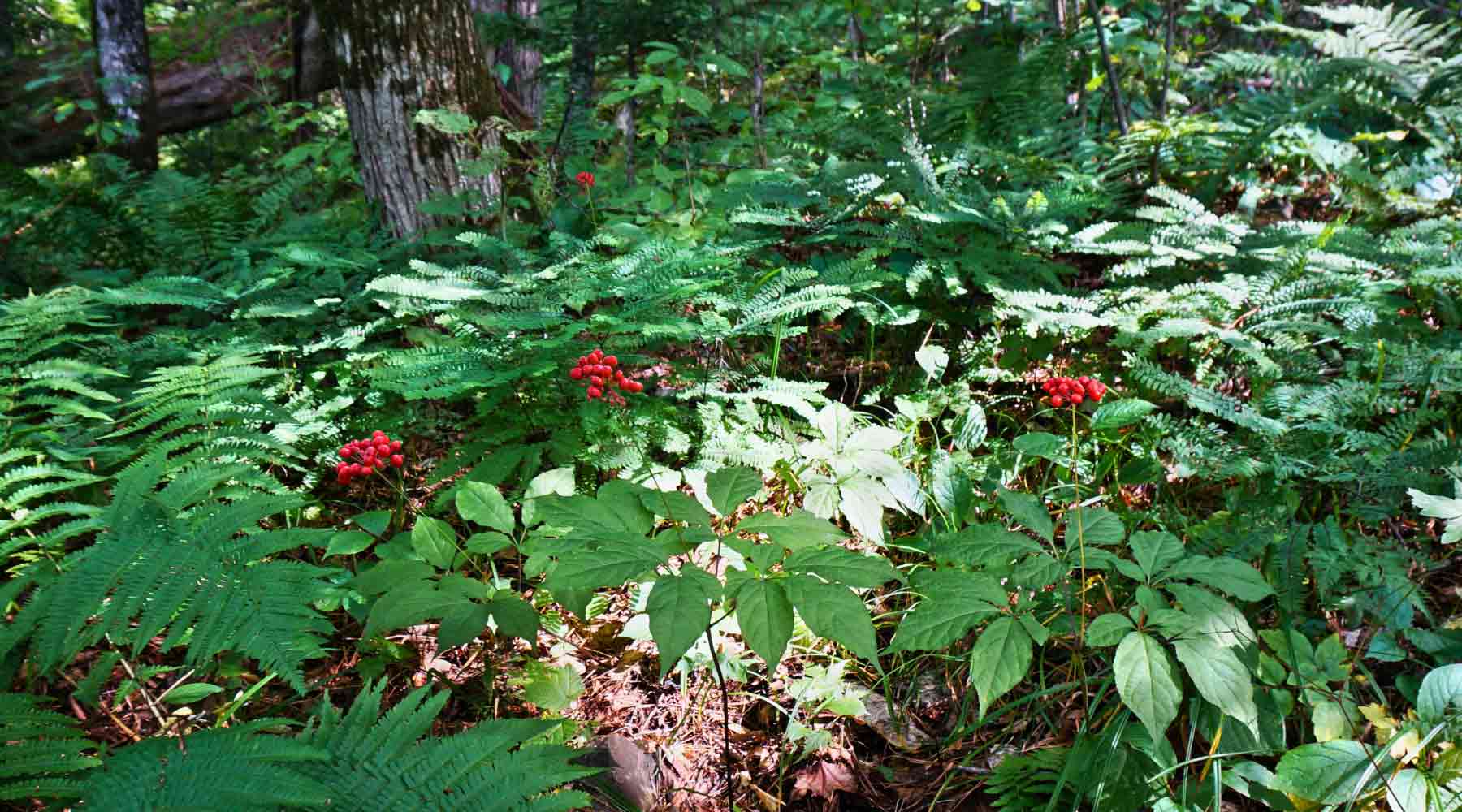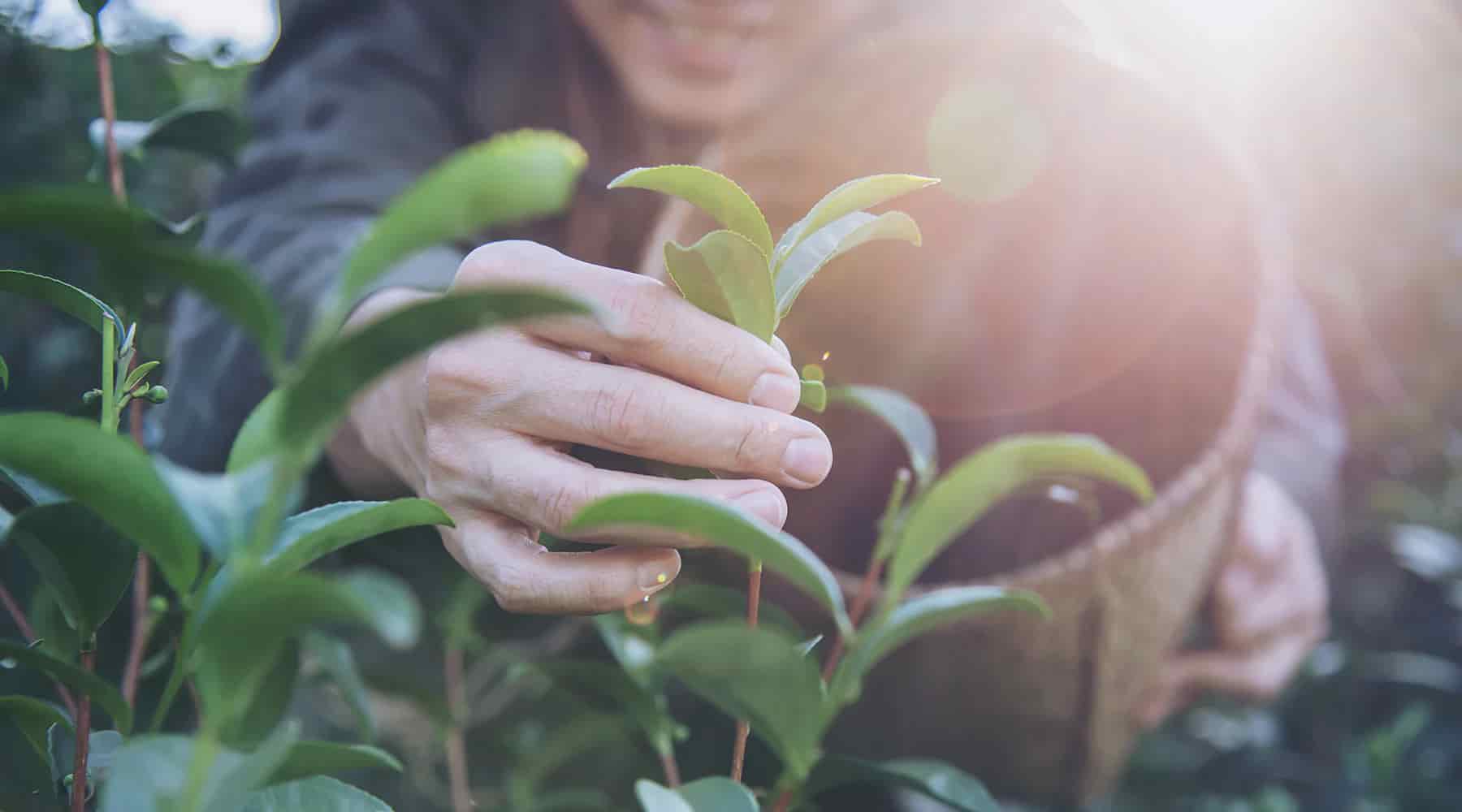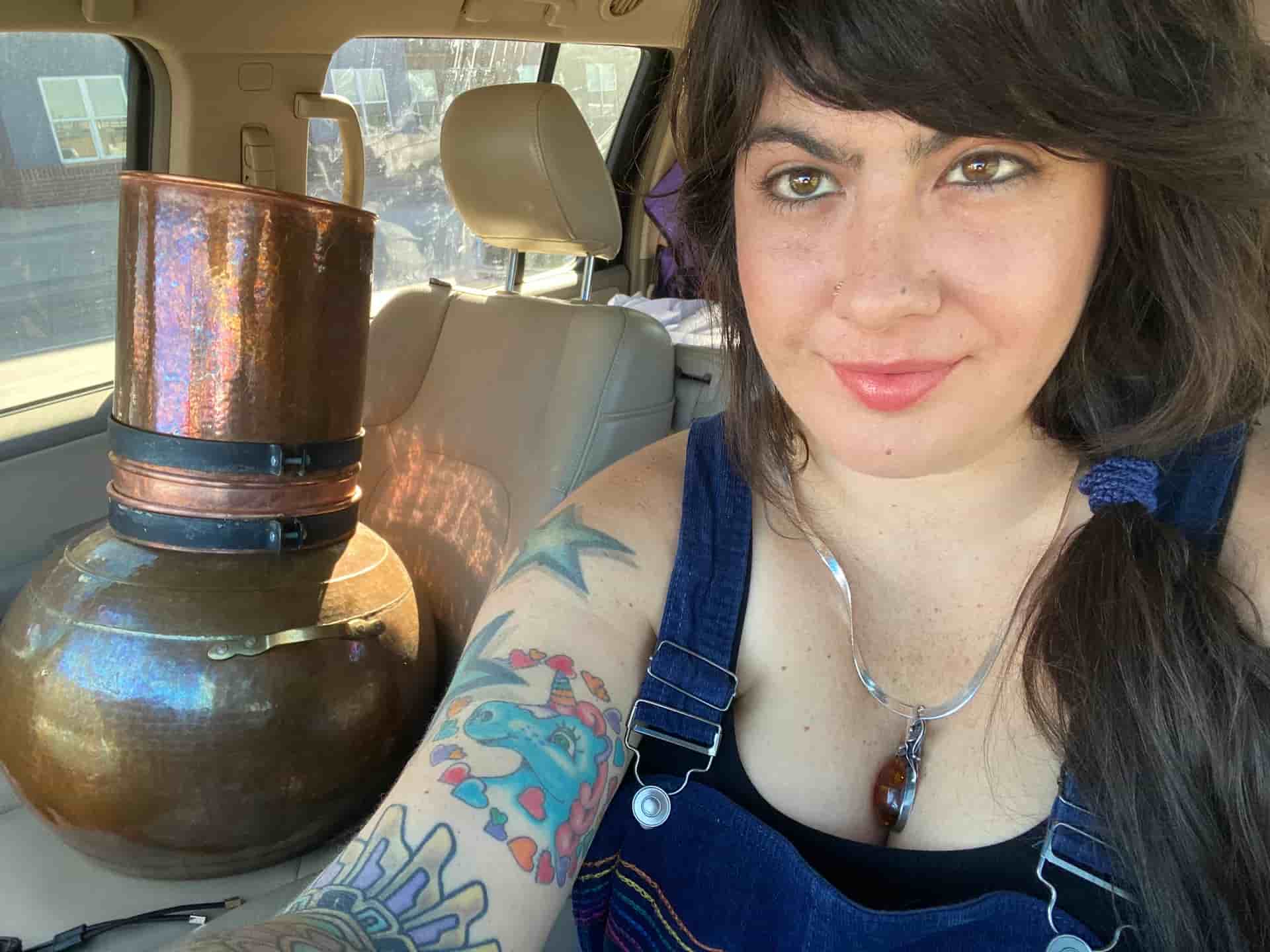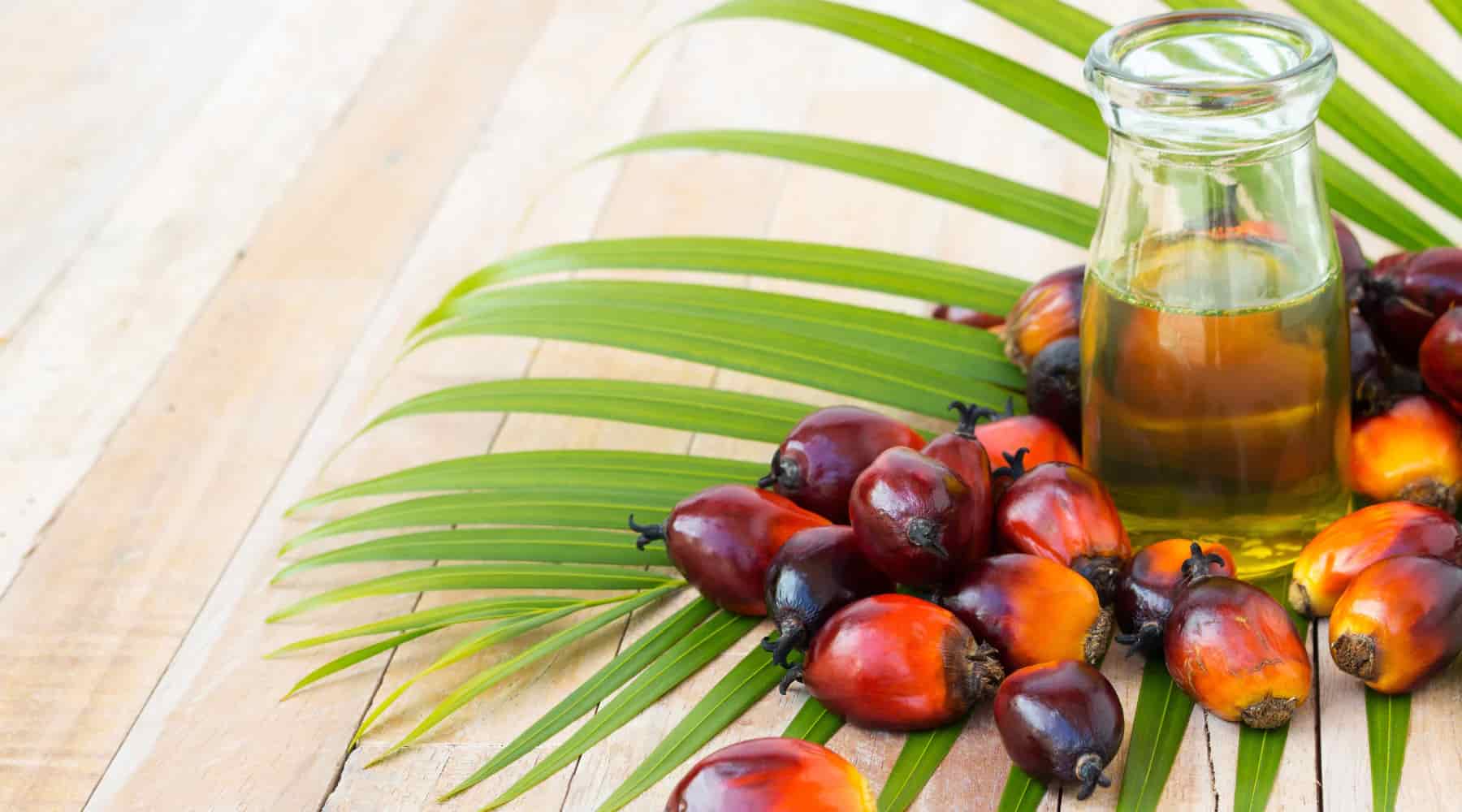As the very first ingredient company to offer certified organic palm oil, Daabon continues to be a role model for sustainability, reforestation and admirable business practices. For WishGarden, it’s a no-brainer partnership!
Sourcing Matters
Choosing the right solvents is crucial when creating a tincture. The solvents are what make it a tincture, after all. At WishGarden, we thoughtfully selected a trio of solvents for our tinctures consisting of organic alcohol, organic and sustainable palm glycerine and Eldorado spring water. Glycerine effectively pulls out active constituents from raw plant material and is naturally sweet with a thick consistency. Glycerine makes a tincture not only effective, but pleasantly flavored. Since sustainability is one of our main brand pillars, and glycerine is an ingredient in every formula we create, we wanted to make sure the cultivation of the palm used was not only not destructive to the land, but alternatively rejuvenating.

Setting the Standards
Daabon reached the goals of the Paris Agreement (treaty on climate change) 10 years early. In fact, they were one of the first 100 signatories to join the climate pledge. The pledge includes regular reporting, carbon elimination, and credible offsets. If that isn’t impressive enough, their reforestation and restoration program proves to strengthen the ecosystems and leave the Earth more restored than it was before. Using satellite images of the land prior to their work, Daabon can ensure they leave the land lush and the soil fed as opposed to deprived and stripped of nutrients, which is commonplace in conventional palm cultivation. Thankfully, Daabon has their green thumbs in other agriculture too like bananas, cocoa, coffee, grains and even soap bases.
Why Palm?
While it’s true there are other sources of glycerine that may be more easily accessible or cheaper than palm, it’s not worth cutting corners. Palm requires less land than many other crops used for oil. And since it’s a tropical plant, there’s no need to rotate crops, no disruption of the soil and the tree stays intact after harvesting. Not only is the crop yield of palm very efficient, it is also harvested all year round, so it’s not at risk for crop failures unlike soy, for example. It uses are versatile! You can use palm to make soap and other body products, for oils used in cooking and baking and in traditional herbal medicine making.
We are proud to be partnered and aligned with Daabon and hope other companies and leaders can follow in their low carbon footprints.
Rebecca Younger is passionate about herbs and women's health. She aspires to plant seeds of inspiration within her community about plant medicine and healthier ways of life. She studied Herbal Medicine at Herbalism Roots in Denver and is a certified Doula through the Matrona Foundation. She is the customer journey lead at WishGarden Herbs. For educational purposes only.
This information has not been evaluated by the Food and Drug Administration. This information is not intended to diagnose, treat, cure, or prevent any disease, or sell any product.
Recommended Products
Further Reading
